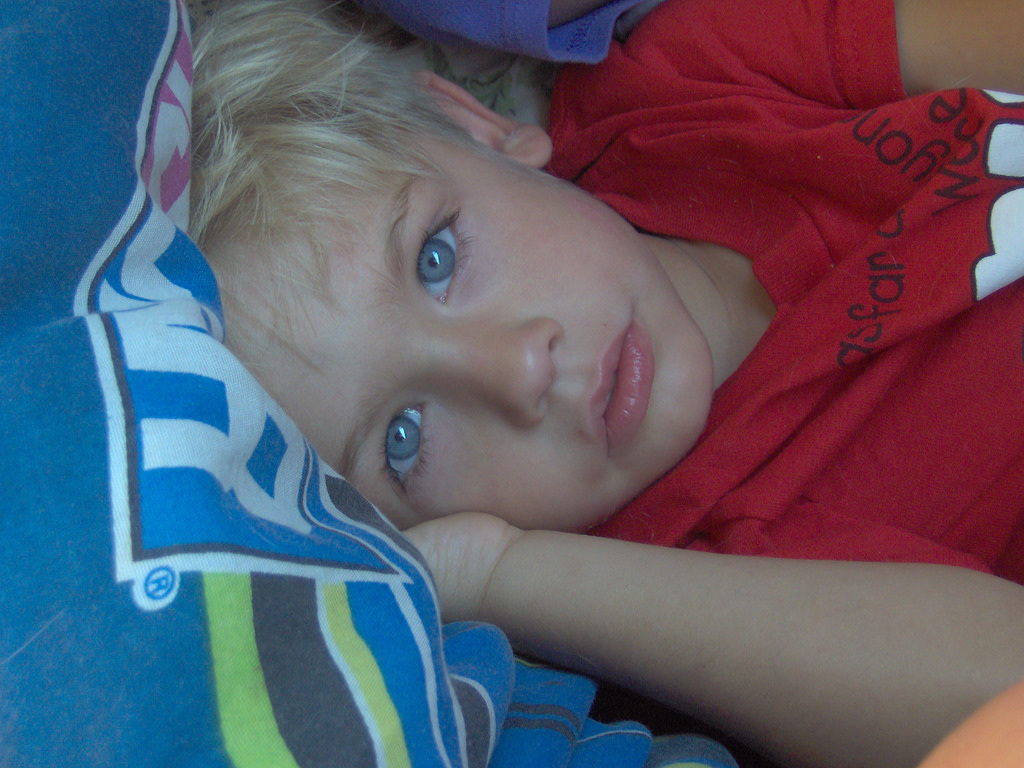All physical, sexual, and emotional abuse constitute such violations.
A traumatic state is a condition that results when a person does not have the necessary resources, support, and safety to deal with the traumatizing event.
In overt and covert child abuse, the physical and/or the psychic boundaries of the child are violated. The child is incapable of defending herself/himself against these violations. They are truly powerless over most aspects of her life. They are dependent on the support of others – on parents or parent-substitutes – and are completely vulnerable.
Children are at the mercy of their environment and of the caretakers in that environment.
That powerlessness would be thought of as undeniable except that we encounter repeated examples of adults who were once powerless, victimized children, who see themselves as somehow having been responsible for that victimization.
As children, their ability to deny their own dependence and powerlessness allowed them to survive, to cope with abuse, to reconcile confusing contradictions (“Daddy says he loves me, I love Daddy, Daddy is striking me, I must deserve this”),
and to live in a fantasy where the world, i.e. one’s caregivers, was not so precarious and violent.
For the child, the truth of what was going on when he was being abused was too much to handle. A child needs safety and support to even entertain the awareness of being abused.
In that situation, denial served a necessary protective function.
The wounding of children may not rise to the level of overt sexual or emotional abuse or legally indictable incidents of physical abuse.
More difficult to see and perhaps more common are the psychic wounds that occur as a result of the boundary violations against a child’s developing sense of self.
A parent’s uncontrolled anxiety, rage, lust, insecurity, and neediness, are absorbed directly into the self by the child who developmentally is incapable of protecting himself and who does not have yet a clear distinction between self and other.
Young children cannot protect themselves from the demands and manipulations of the adults in their environment. They need the adults around them to protect them from intrusiveness and manipulation and to support their growth as unique persons who are not born to serve the parents’ needs and wants.

 RSS Feed
RSS Feed
